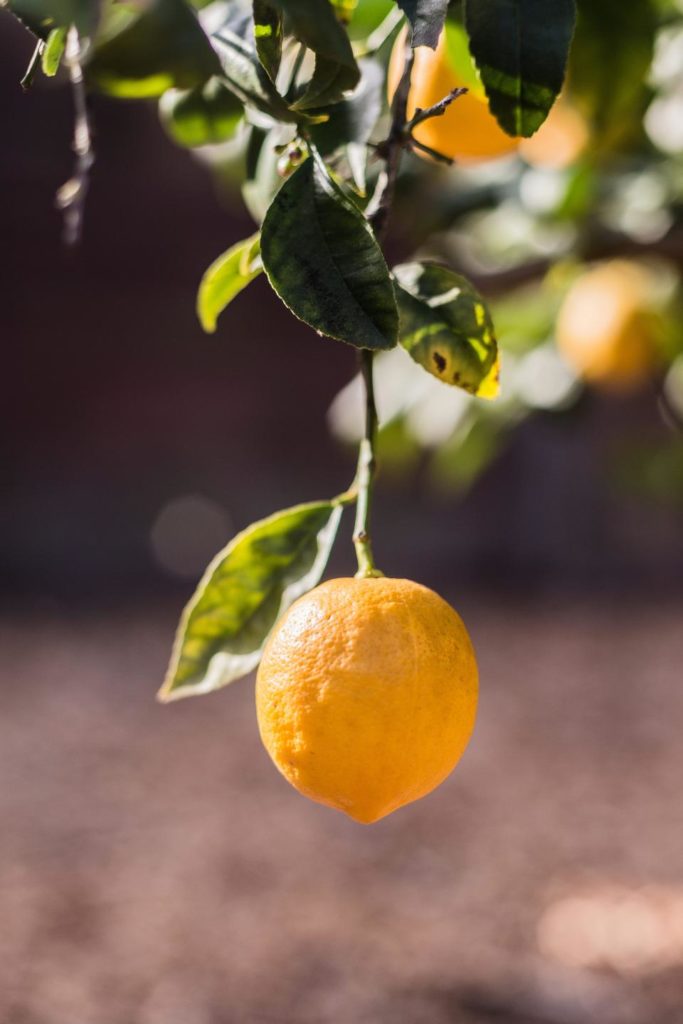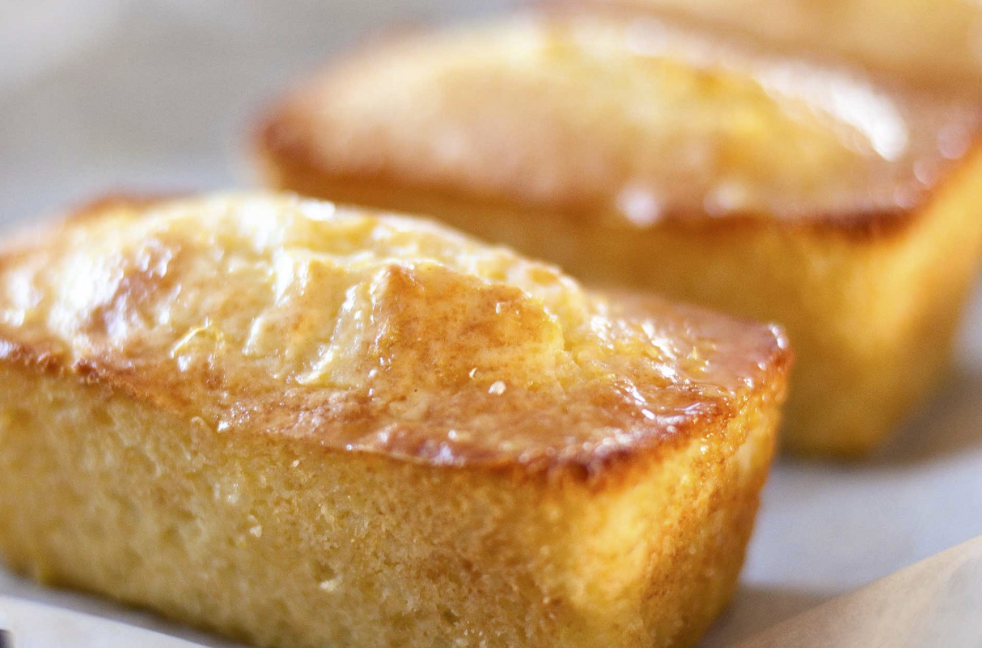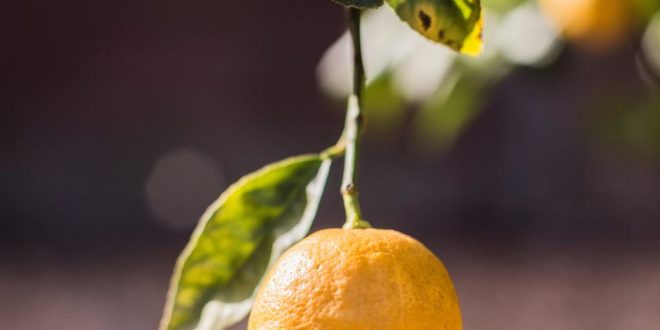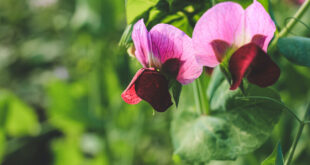
 A well-established lemon tree is the most essential of citrus, an undemanding provider whose crop yields a slice for a cuppa or a G & T, zest for a recipe and the basis of marmalade or lemonade.
A well-established lemon tree is the most essential of citrus, an undemanding provider whose crop yields a slice for a cuppa or a G & T, zest for a recipe and the basis of marmalade or lemonade.
The mainstay of the garden citrus orchard in New Zealand is ‘Meyer’. This variety has evolved with some grapefruit or orange in its parenthood, giving it a juice that is less sharp than more traditional lemons. ‘Meyer’ is prolific, hardy, reliable and, with its dark green, glossy foliage, decorative. It bears more prolifically throughout winter into spring but there’s little lull in its fruiting. Although ‘Meyer’ is hardy enough to tolerate some frost, it makes a good container plant able to be moved to a sheltered spot throughout winter months. It is often available as a cutting-grown plant giving a lower, more bushy habit. This is the best option for a container.
Other popular types are ‘Yen Ben’ and ‘Lisbon’. The fruit of both has a sharp, full flavour and matures from July on. Drawbacks include thorny growth – particularly on ‘Lisbon’ – and vigour and size, which may make the trees unsuitable for the small garden. ‘Villa Franca’, a smaller tree than ‘Lisbon’, can be prolific.
It bears its fruit in summer, providing plenty of lemons for cool drinks and to garnish barbecue fare. If you have a sweeter tooth, try the recent hybrid ‘Lemonade’. Easy to peel, it has flesh that breaks into segments like an orange and can be eaten straight off the tree. No matter which variety you choose, lemons do best in steady growing conditions. Maintaining moisture is as important as fertiliser. While lemons enjoy a temperate-tohot climate, they resent dry conditions – if your fruit is dry and pithy it is usually from too little water early in the growth cycle.
Free drainage is equally important. Lemon trees contending with sodden ground are prime candidates for collar rot, a soil fungus that attacks the trunk at ground level and, if ignored, can kill the tree. Container culture is a good option for gardens with poorly drained soil.
Lemons are gross feeders. Well-rotted animal manure or blood and bone is essential for a prolific crop. Spread the fertiliser around the tree’s dripline, then add a layer of mulch while the soil is moist. A handful of specialised citrus fertiliser can also give a good boost. Mulching now will last throughout winter and into late spring. More fertiliser can be added as the weather warms up.
If you prefer a strictly organic regime and don’t want to use conventional fertiliser, apply well-rotted chicken manure once every two to three years. In the intervening years, use compost or animal manure (horse, cow or sheep).
You can also use organic liquid fertilisers made from comfrey, seaweed or animal manure – apply every two to four weeks during the growing season. Fish fertiliser, applied according to the manufacturer’s instructions, is another organic option.
In the Kitchen
Lemon Loaf
Sweet or savoury the lemon has a place in the cooking of many cultures. As part of a winter weekend brunch this easily made lemon loaf is fragrantly tangy.
 1 cup milk
1 cup milk- zest of two lemons
- 2 cups flour
- 2 tsp baking powder
- 1 cup sugar
- 100g butter
- 3 eggs
- juice of 1 lemon
Heat milk and lemon zest to boiling point then let cool. Sift flour, baking powder and sugar together in a bowl. Grate in butter and cut in finely. Beat eggs and lemon juice lightly then mix in cooled milk and lemon zest. Pour liquids into dry ingredients and stir with a light touch until the flour is just moist. Pour into buttered loaf pan. Cook at 180C for almost 1 hour.
Icing
- juice of 1 lemon
- Icing sugar
Squeeze lemon juice into a cup and mix in enough icing sugar to make a thick but pourable paste. Drizzle this over the hot loaf.
Copyright © Weekend Gardener: www.weekendgardener.co.nz
For subscriptions and further infomation please go to the Weekend Gardener website.









Join the Discussion
Type out your comment here:
You must be logged in to post a comment.